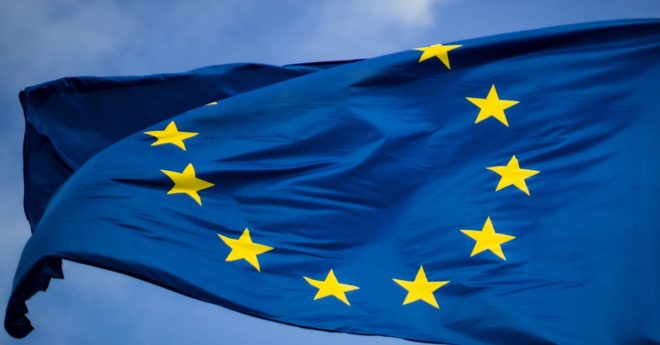MiCA requires crypto firms such as wallet providers and exchanges to seek a license to operate across the bloc, and stablecoin issuers to hold suitable reserves. Its main features were politically agreed in June, but it’s been subject to administrative hold-ups. Major provisions take effect just over a year after it’s published in the bloc’s official journal, which is now likely in June or July.
EU’s MiCA Crypto Legal Framework Inches Towards Law With EU Council Finance Ministers’ Sign-Off



